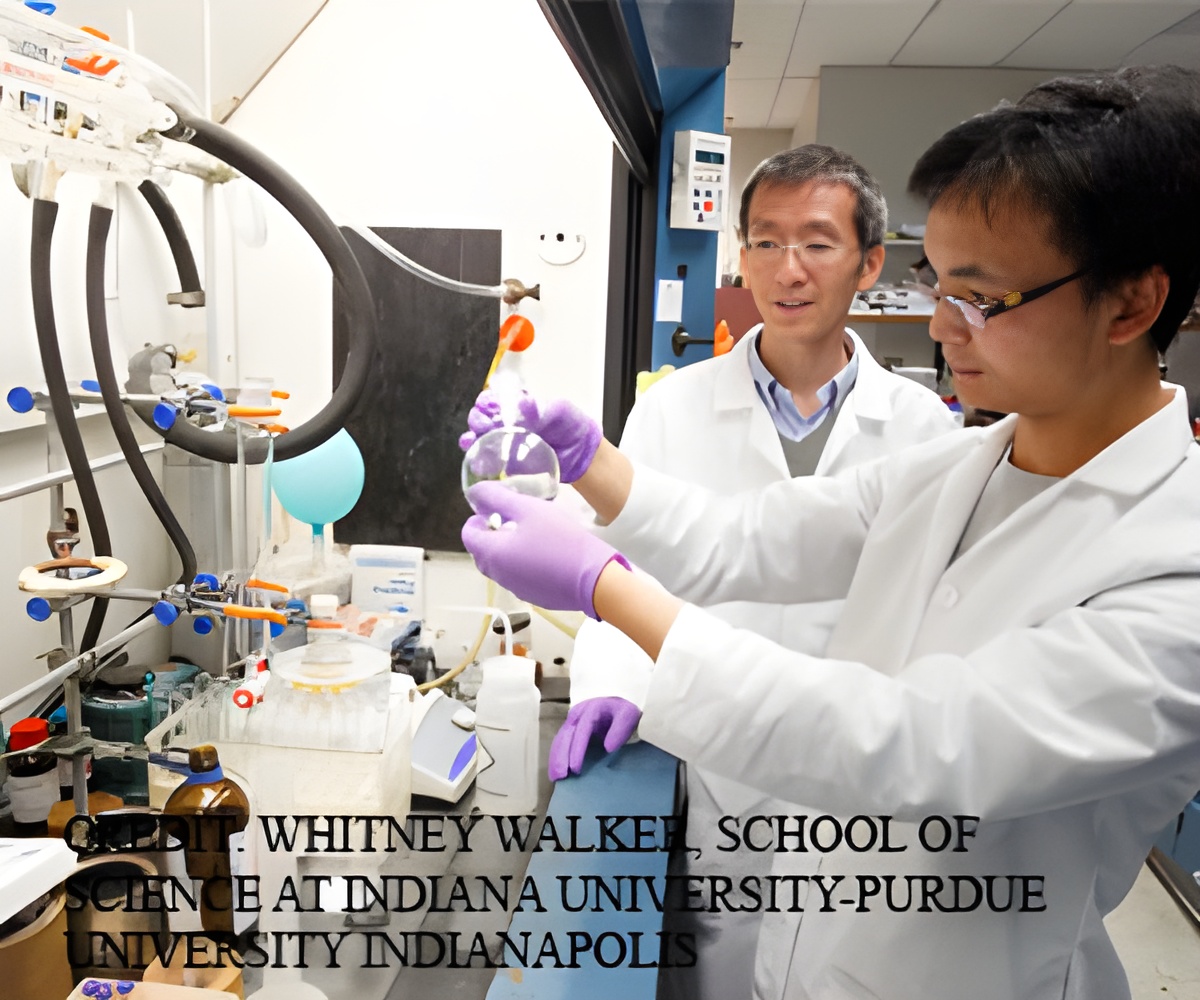Scientists discover new method to successfully synthesize drug analogues in an economical and eco-friendly way.

- A research team from the Indiana University-Purdue University Indianapolis (IUPUI) have devised a new method to develop drug in few steps.
- New Molecular binding technique was //found to develop drugs at an economical and eco-friendly way.
- Successful fingolimod drug analogues were synthesized using the new method to treat relapsing forms of multiple sclerosis.
The IUPUI Chemists have designed the new method to shorten the human and animal drug discovery and development process in a more economical and eco-friendly manner.
The research study “Site-selective C-H arylation of primary aliphatic amines enabled by a catalytic transient directing group" was published online in the journal Nature Chemistry.
The new method used for synthesizing drugs have only fewer steps when compared to old methods and is found to be useful to develop second generation drugs.
About 75% of compounds with medicinal value contain Nitrogen atom and this method can be widely used for the production of compounds containing nitrogen.
These compounds containing nitrogen can be used for the treatment of cancer, diabetes, asthma, epilepsy, inflammatory conditions, Alzheimer’s disease and Attention Deficit Hyperactivity Disorder.
"While we are still at an early stage, it appears that in addition to improving the process of synthesizing molecules, our improved method makes that process more economical by saving time and labor. As it is "atom efficient," there is less waste needing disposal," he added.
Partha Basu, chair and professor of chemistry and biological chemistry at IUPUI, said "Hydrocarbons -- compounds made out of carbon and hydrogen or having a carbon-hydrogen bond -- are used in daily life all the time - from clothes to toothbrushes."
"These compounds are generally stable and do not react easily with common chemicals. Transformation of one hydrocarbon to another is of immense interest for developing new materials, from drugs to energy storage.”
"But making such transformation in a selective way has been a challenge for more than a century. This is what Dr. Ge did using a simple but efficient process that requires fewer steps. This simplicity makes the chemistry unique, and it can have a lasting impression in the field of C-H bond activation," he added.
Reference
- Yongbing Liu et al. Site-selective C–H arylation of primary aliphatic amines enabled by a catalytic transient directing group, Nature Chemistry (2016). DOI: 10.1038/nchem.2606
Source-Medindia













